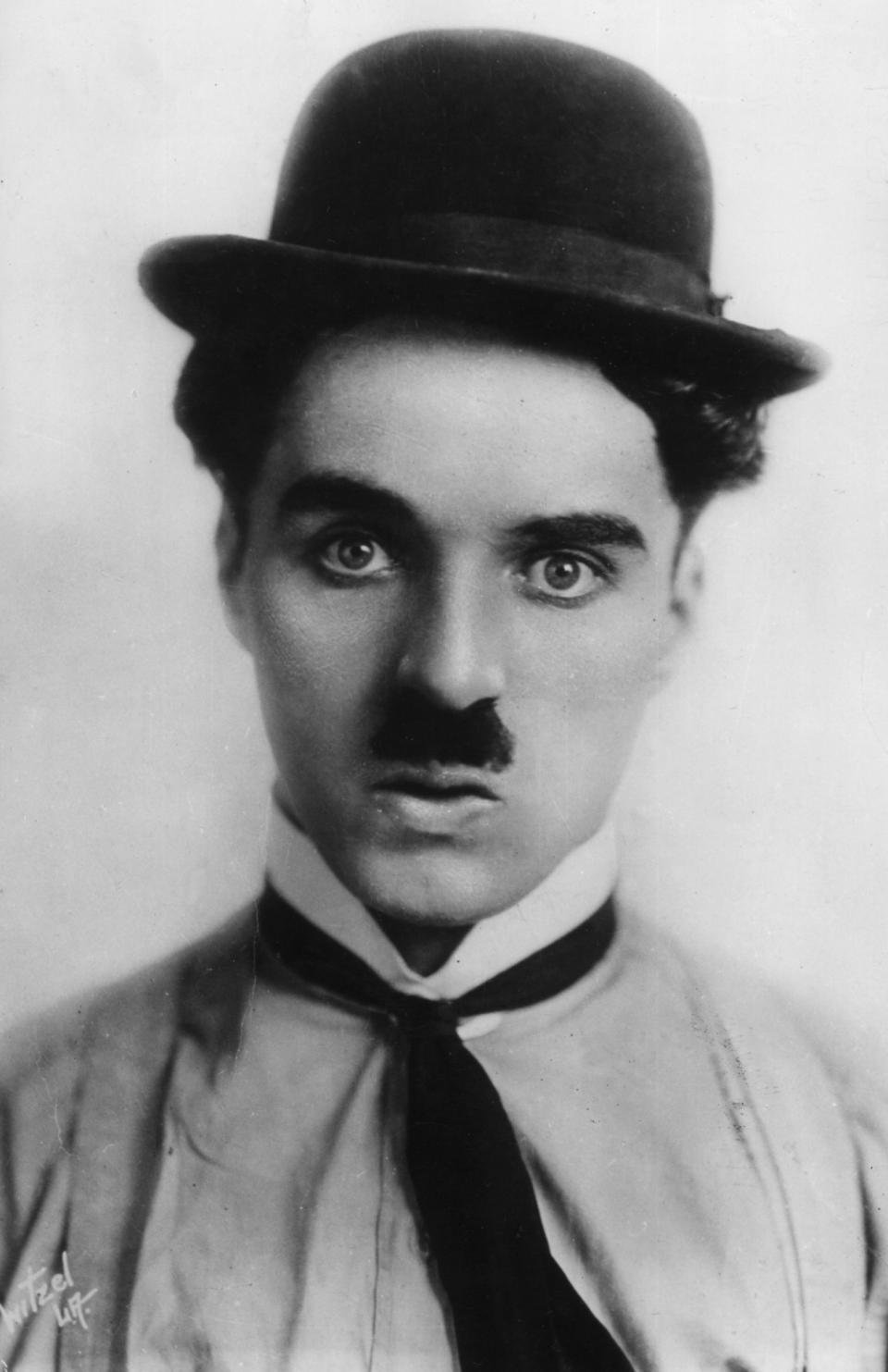Icons: They can be heroes: Bowie, Elvis, Charlie Chaplin and Marilyn Monroe take a bow
Icons are not what they used to be. A word which used to have a precise devotional meaning has now been diluted to the extent that it can be applied to anyone who is faintly out of the ordinary.
This series, which is now at its halfway stage, at least makes some attempt to establish a hierarchy of notables, though it’s interesting that the candidates — representing, it says here, “the pinnacles of human achievement” — have had their own achievements parsed so that they don’t really exist in a rounded consideration of who they were and what they did, then.
Instead, these icons are to be valued because of what they represent to us, now. This makes for some rather questionable arguments, and also explains the identities of the nominated candidates (and those who have been overlooked).
Tonight is about entertainers. It is presented by Kathleen Turner. This is all to the good. If the icons contest had a category for great voices, Turner’s voice would be a shoo-in. When she speaks she sounds as if she’s laying melting tarmac over Lee Marvin’s ashtray with her breath.

Anyway, we’re invited to believe that her entertainment icons are Charlie Chaplin, Billie Holiday, Marilyn Monroe and David Bowie. Perhaps they are. Perhaps that’s fair.
What did Chaplin do? Well, it would be nice to be reminded properly, wouldn’t it? A comprehensive documentary and a series of films would be good. But here’s Simon Callow to celebrate his unique physical genius. Turner, or her script, settles on Chaplin’s 1938 film The Great Dictator as a highpoint. Chaplin plays a Jewish barber, mistaken for a fascist dictator, who uses the power of his charisma to renounce fascism. For this, he later became reviled as a “peacemonger” and was banned from the US.
Billie Holiday? She was great. Like Chaplin, she came from poverty. She’s celebrated here for Strange Fruit, a bruised poem made into a protest song about violent American racism. In this context, as the series is linked to The Open University, this song becomes a watershed in the early Civil Rights movement, “one of the most iconic protest songs in American history”.

It’s an odd kind of praise, which seems to accidentally diminish Holiday’s talent. Was she just a protest singer? Here she is ranked alongside Bob Dylan, The Special AKA and Public Enemy, just as Chaplin finds himself on a shelf next to Sidney Poitier (black), Elvis Presley (“overtly sexual”) and Joan Rivers (“defied expectations of femininity”).
What does Marilyn Monroe mean? Nope, try again. Yes, she is all about glamour, sex appeal and beauty. But her iconic status is granted because she stood up to to the male-dominated Hollywood establishment. “She was no dumb blonde,” says Turner. “Her sexuality hit audiences like a bomb,” says academic Sarah Churchwell. And David Bowie: what’s he for? He wanted to change society, apparently. He was “an ever-changing chameleon who raised the creative bar for all entertainers. Without him, there would be no Prince, no Madonna and no Lady Gaga.” So it’s not an unblemished record.
But here’s the thing. If you put Bowie, Monroe, Holiday and Chaplin under the cultural studies microscope, you’ll find evidence of handicaps overcome, of persecution, of activism and diversity.
They were better than that.
Icons is on BBC Two at 9pm.

 Yahoo News
Yahoo News 